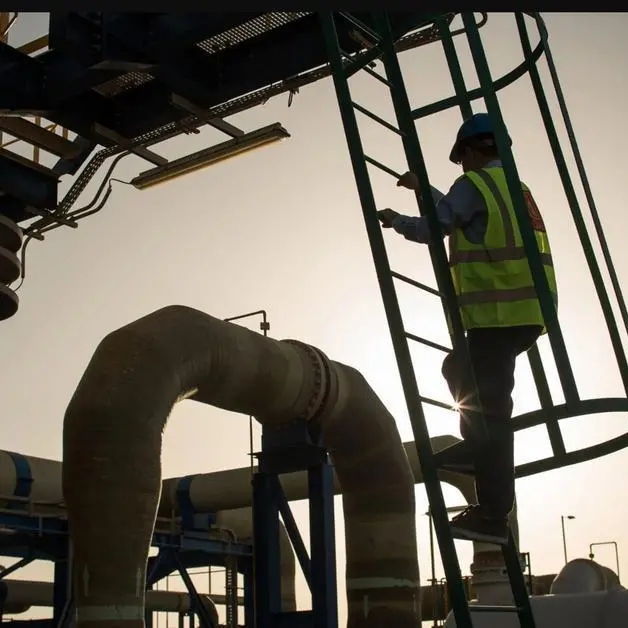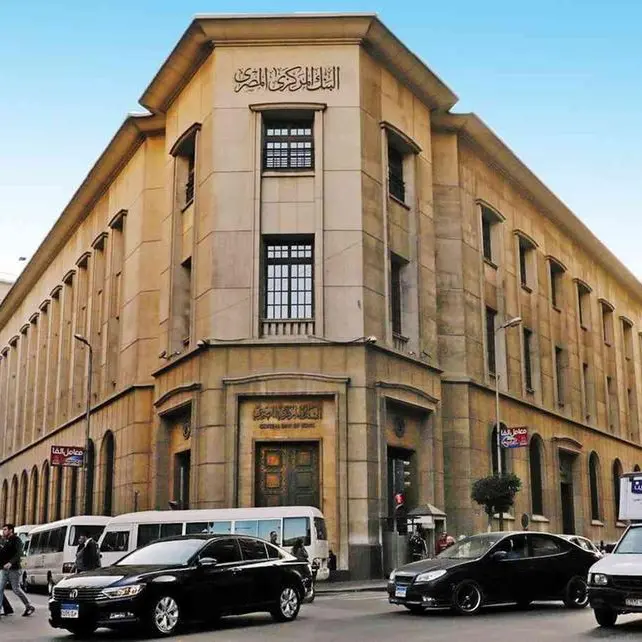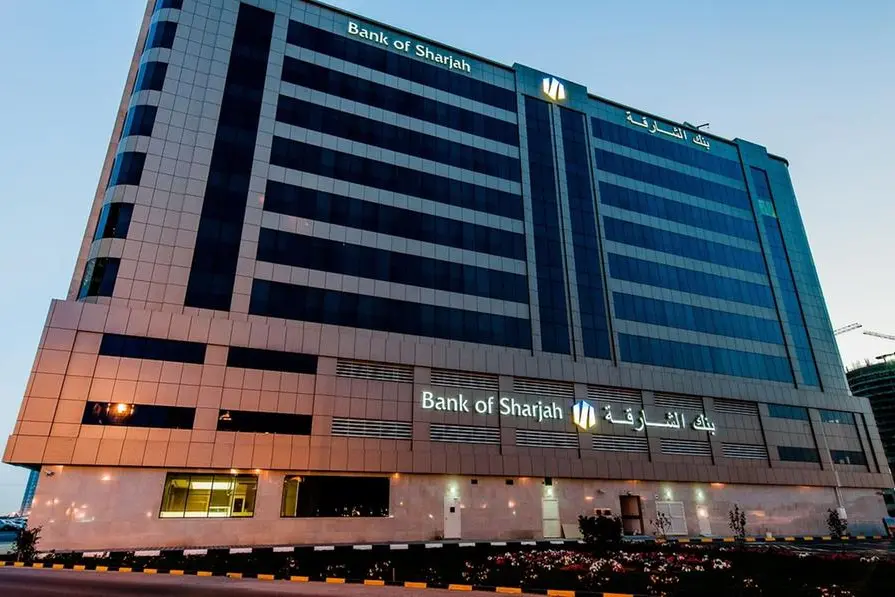Public sector lending limits may not be good news for Emirates NBD and National Bank of Abu Dhabi, says SICO, but worries over the UAE banking sector's health are overdone.
While the Saudi and Qatari banking sector have emerged stronger after the global financial crisis, the UAE banking sector is still in the midst of improving its asset quality.
In fact, provisioning will continue to drag banks' profitability over 2012 and 2013, as they try to build up specific and collective provisioning reserves, notes Chiradeep Ghosh, an analyst at Manama-based SICO.
"We expect Emirati banks to bridge the provisioning shortfall, in around two to two and half years, as we factor in a conservative 33% collateral value and assuming no recoveries. Nevertheless, the provisioning expense should reduce steadily from 2013 onwards."
Still, it is important to remember this is not 2008. Since the last global financial crisis, the UAE Central Bank has taken strong measures to strengthen the system and while the banking sector will not be immune to a slowdown in the global and domestic economy, it remains fairly well-capitalised.
Indeed, local banks have been recapitalized and the capital adequacy ratio of the banking system has strengthened to 21%, notes the International Monetary Fund.
There have also been some efforts at consolidation with Dubai Bank being merged with Emirates NBD. In addition, the UAE banks are working their way through the USD32-billion of sovereign and government-related debt which is set to mature this year, of which USD15-billion is with Dubai entities.
Progress in restructuring or payment of debt by Dubai World, Dubai International Capital, Dubai International Financial Centre have also eased concerns and raised hopes that the Dubai and federal governments will ensure major entities do not slip on their debt commitments.
NEW CENTRAL BANK REGULATIONS
However, new regulations could add pressure on two of the nation's largest banks: Emirates NBD and National Bank of Abu Dhabi.
In an April ruling, the Central Bank tightened lending rules and curb excessive lending to one segment of the economy to reduce their risk. While this would go a long way in strengthening the banks, in the short-term poses challenges for some of the banks.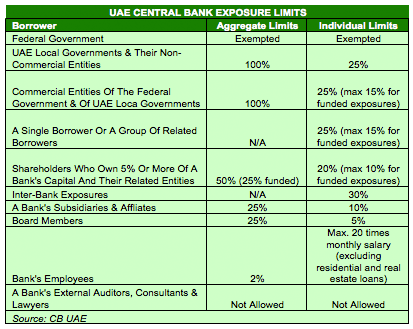
"The Central Bank has set a cap on aggregate lending to both non-commercial and commercial government entities at 100% of a bank's capital base," notes Mr Ghosh. "Our preliminary calculations suggest that ENBD's and NBAD's lending exposures are already above this cap. However, we believe that these new regulations will have a stronger impact on future lending than on existing loans, and expect some leeway from the regulator for NBAD and ENBD; when considering the importance to the Emirates' economies and size of these two banks."
The ruling may rein in ENBD and NBAD's lending opportunities to GREs, but media reports suggest that the Central Bank may exclude government bonds from the lending limits.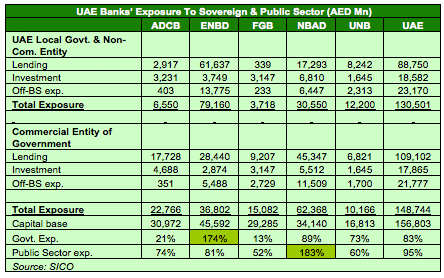
As the table above shows, ENBD's sovereign exposure stands at 174% of its capital base - well above the limit of 100%. NBAD is even higher at 183%. The Central Bank has set a September 2, 2012 deadline for the banking sector to comply with its limits.
Analysts also don't expect the influential banks to lose too much on account of their status and their vast experience and relationship with GREs.
"This regulation may limit direct lending to GRE's commercial ventures leading to more private sector participation in these projects," Mr Ghosh wrote. "We see this as a positive development for the economy in the longer term, as it leads to greater private sector participation."
MARKAZ'S VIEW
M.R. Raghu, head of research at Kuwait Financial Centre, told alifarabia.com that UAE banks with high NPL [non-performing loan] ratios that were hit in the 2008-09 crises appear more susceptible to the crisis in Europe, compared to their GCC counterparts, but he does not believe the Emirate's banks will struggle.
Read full interview here:
http://www.zawya.com/story/Gulfs_financing_challenge-ZAWYA20120620051614/
However, non-performing loans and the EU drag has meant muted loan growth of 0.3% in the first quarter, after a modest 4% jump in 2011.
"Asset quality concerns are far from over with ongoing corporate restructurings and continued weakness in the real estate market," say NBK Capital analysts. "A wave of pessimism currently prevails due to lower-than-expected economic performance in the U.S. and China and ongoing gridlock in the Eurozone. Coupled with a 23% plummet in the price of oil since the beginning of March 2012, regional stock markets dropped and the Abu Dhabi banking index lost 10%."
However, most observers believe this is a buying opportunity in UAE banks. NBK Capital, for example, has a 'buy' rating for First Gulf Bank and Union National Bank and an 'accumulate' rating for Abu Dhabi Islamic Bank, National Bank of Abu Dhabi and Abu Dhabi Commercial Bank, even though it does not expect the stocks to surge at least in the short-term.
SICO says the market has 'over-reacted' to ENBD's asset quality and believes the current multiple of 0.5 times 2012 book value of equity per share (BVPS) is unjustified.
"Unlike other banks, ENBD prudently has not upgraded Dubai World to a 'performing' category, thus reporting higher non-performing loans on its books over its peers," says SICO's Mr. Ghosh. "The bank has already built strong collective provisioning reserves and is now focusing on building its specific reserves in 2012."
Still, expect the UAE banks' asset quality to deteriorate further before it gets better, notes the IMF.
NPLs increased from 2.5% by the end of 2008 to 10.6% by 2011-end among Dubai banks, and from 1.7% to 4.6% during the same period for Abu Dhabi banks, but these numbers don't include a large number of restructured and rescheduled loans that might still be considered as performing.
While the debt restructuring has released some pressure off the banks, 2014-15 sees a significant number of Dubai debt maturing.
"The provisioning needs of banks will likely increase," says the IMF. "The significant increase in renegotiated loans masks the true extent of banks' asset quality problems, as some of these loans may re-emerge as NPLs."
© alifarabia.com 2012

